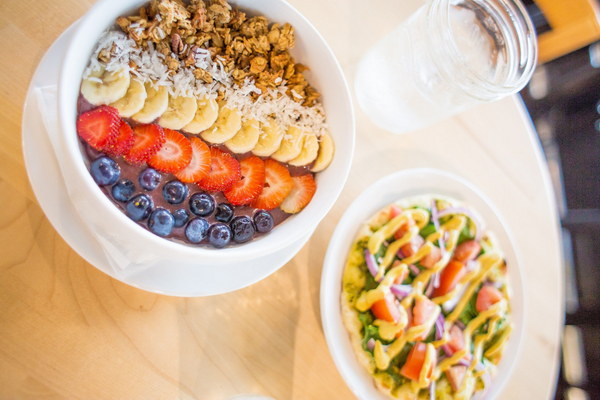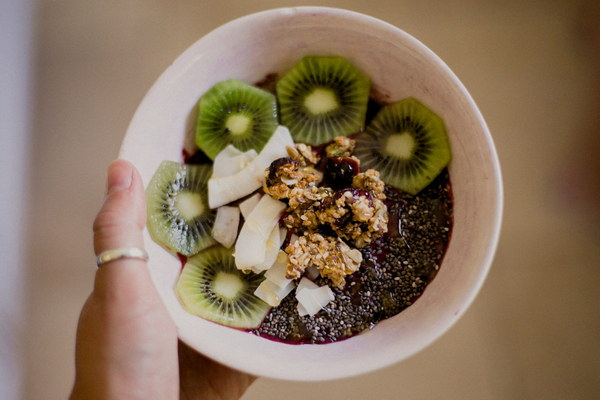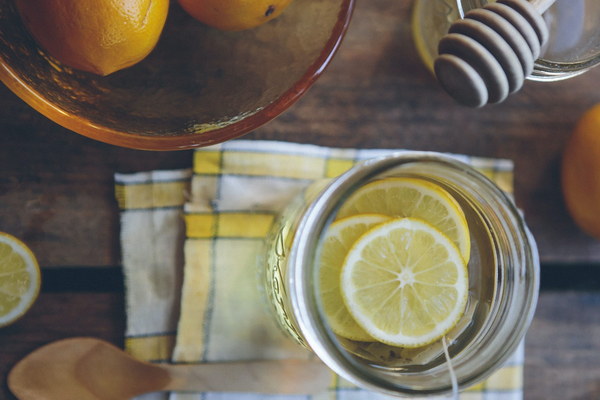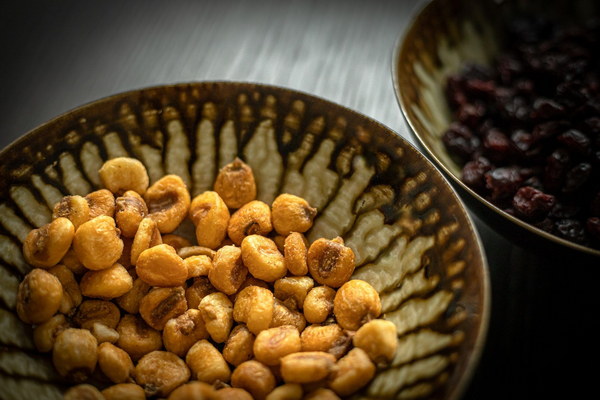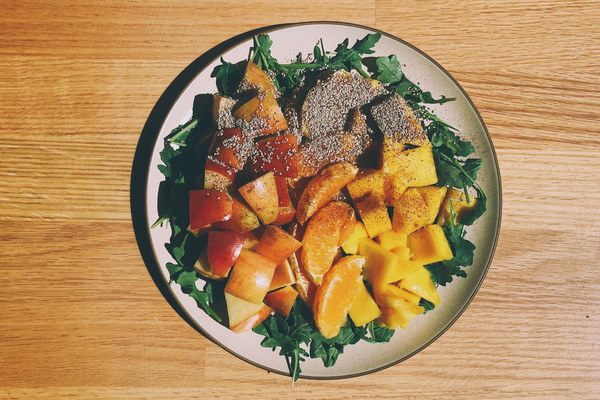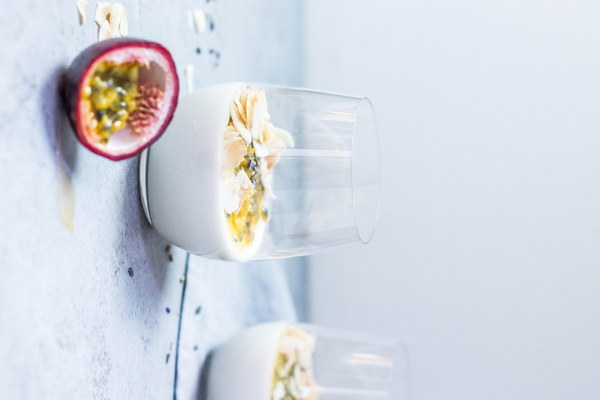Beauty Sleep How Slumber Revitalizes Your Skin
In a world where beauty products and treatments are abundant, the most effective and natural anti-aging secret might just be something we do every day: sleep. Yes, you read that right! Beauty sleep isn't just a catchy phrase; it's a scientific fact that getting enough shut-eye can significantly improve your skin's health and appearance. Let's delve into why sleeping is the ultimate beauty treatment.
Firstly, sleep is essential for the body's natural repair process. When you're asleep, your body produces human growth hormone (HGH), which is crucial for cell regeneration and repair. HGH levels surge during the deep sleep stage, also known as slow-wave sleep, which is why it's often referred to as the body's repair time. As you sleep, your skin repairs itself, replacing old cells with new ones, which can reduce the appearance of wrinkles and fine lines.
Secondly, sleep helps to regulate the production of cortisol, the stress hormone. High levels of cortisol can lead to increased inflammation in the body, which can exacerbate skin conditions like acne and eczema. During sleep, cortisol levels drop, allowing your skin to heal and rejuvenate. This is especially important for those who are prone to stress-related skin issues.
Another benefit of sleep is the reduction in oxidative stress. Free radicals are unstable molecules that can damage your skin's cells, leading to premature aging. During sleep, your body produces antioxidants that help to neutralize free radicals and protect your skin from damage. Antioxidants such as vitamin C, vitamin E, and melatonin are all released during sleep, providing your skin with the protection it needs to stay healthy and youthful.
Sleep also plays a crucial role in maintaining a healthy skin barrier. The skin barrier is a protective layer that prevents moisture loss and keeps out harmful substances. During sleep, the skin barrier is strengthened, which can help to prevent dryness, irritation, and other skin issues. Additionally, adequate sleep can improve the skin's elasticity, making it more supple and resilient.
Furthermore, sleep is essential for a healthy diet and exercise routine, which are both vital for skin health. When you're well-rested, you're more likely to make healthier food choices and have the energy to exercise regularly. A balanced diet and regular physical activity can improve your skin's overall appearance by providing it with the nutrients it needs to stay vibrant and healthy.
To maximize the benefits of beauty sleep, it's important to establish a consistent sleep schedule and create a relaxing bedtime routine. Aim for 7-9 hours of sleep per night, and try to go to bed and wake up at the same time each day. Here are some tips to help you get a good night's sleep:
1. Create a comfortable sleep environment: Make sure your bedroom is quiet, dark, and at a comfortable temperature.
2. Limit exposure to screens: Turn off electronic devices at least an hour before bedtime to reduce exposure to blue light, which can interfere with sleep.
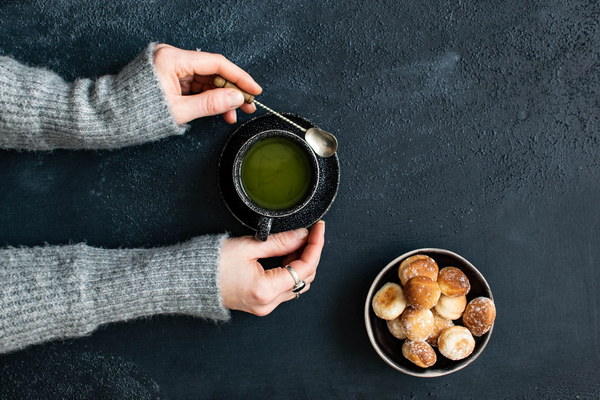
3. Establish a relaxing bedtime routine: Activities like reading, taking a warm bath, or practicing mindfulness can help you unwind and prepare for sleep.
4. Avoid caffeine and heavy meals before bedtime: These can disrupt your sleep cycle and prevent you from getting the rest you need.
5. Stay hydrated: Drink plenty of water throughout the day, but avoid drinking large amounts of fluids before bedtime to prevent nighttime awakenings.
In conclusion, beauty sleep is not just a myth; it's a scientifically proven method for improving your skin's health and appearance. By getting enough shut-eye and establishing a healthy sleep routine, you can achieve that radiant, youthful complexion you've always wanted. So, don't underestimate the power of sleep – it's the ultimate beauty treatment that's available to you every night!
